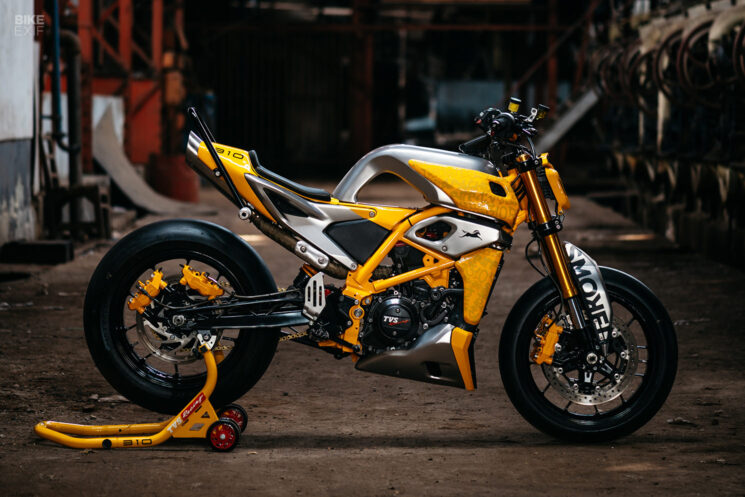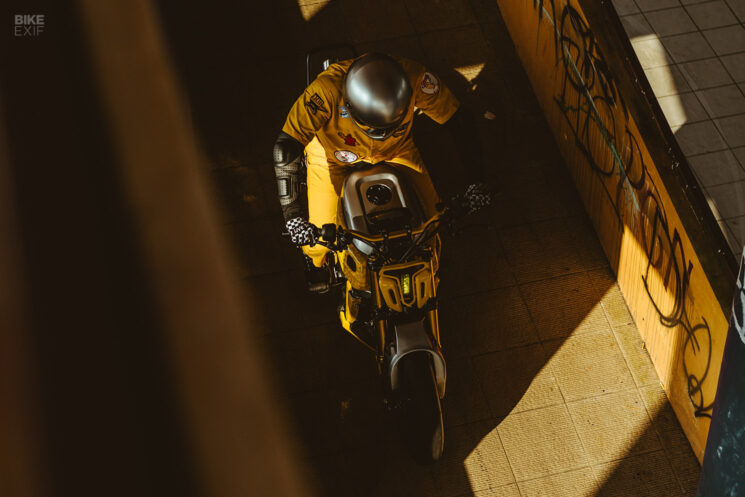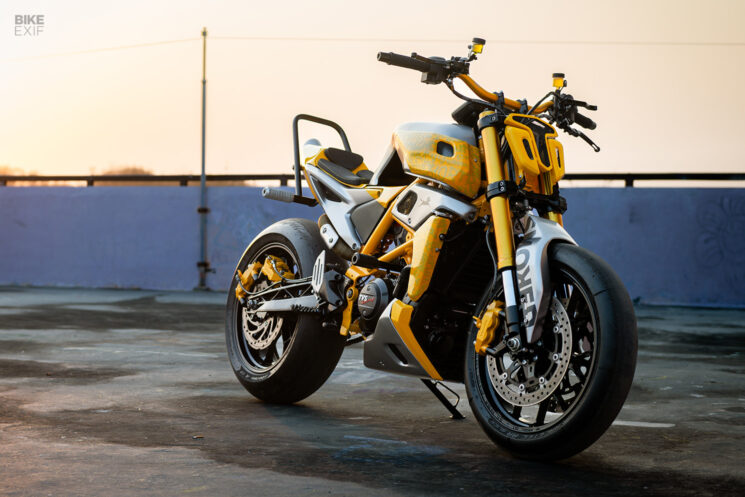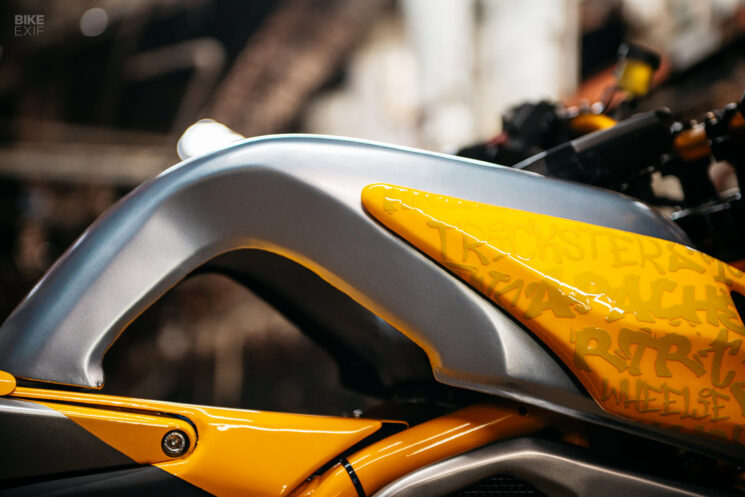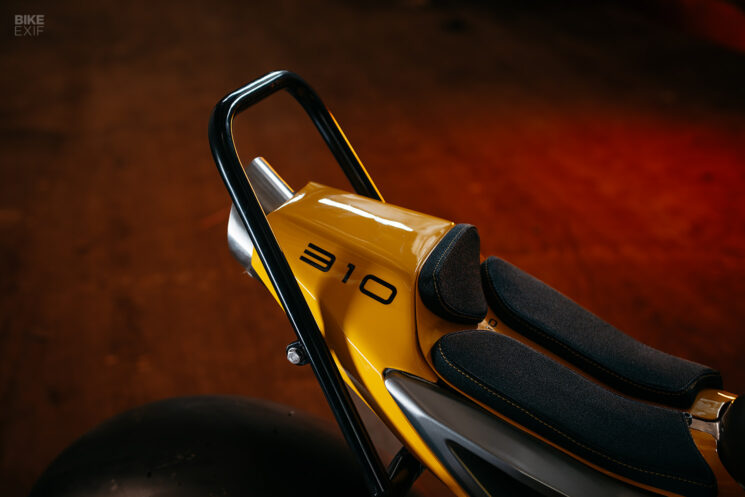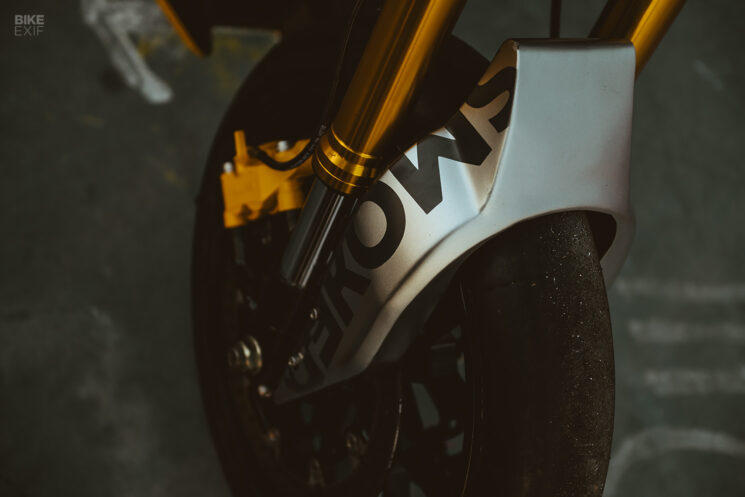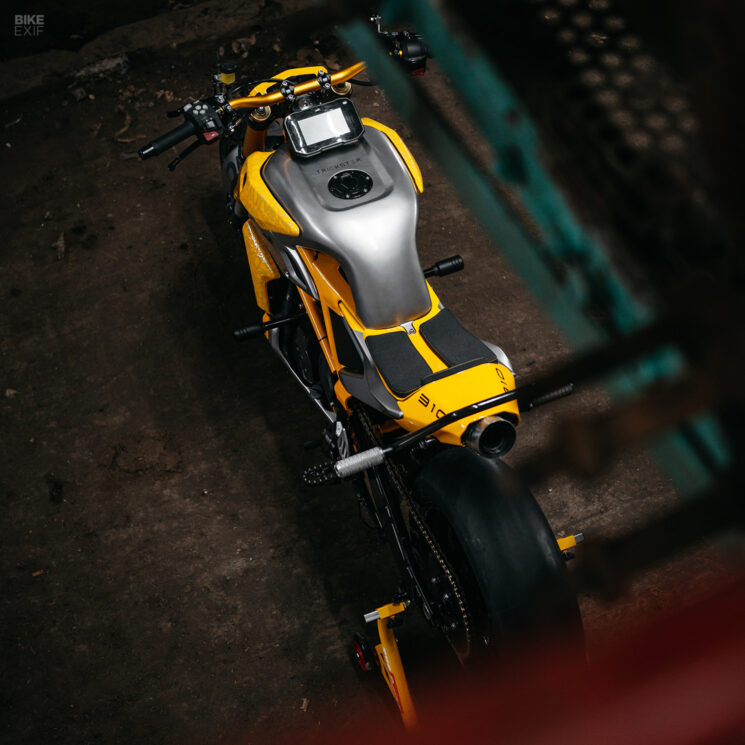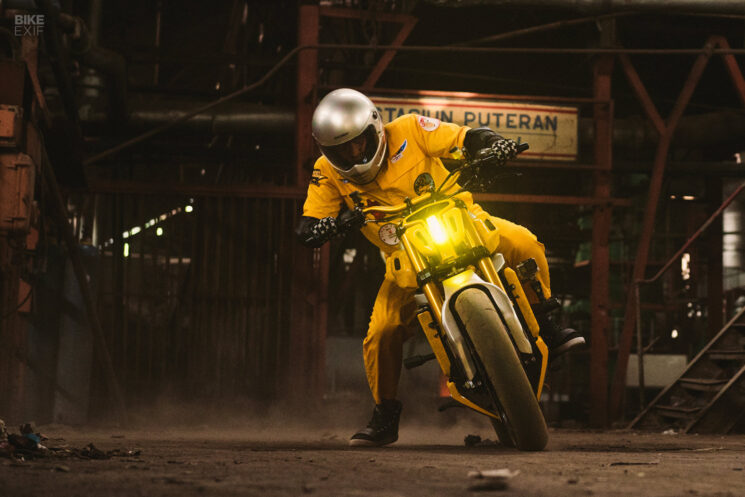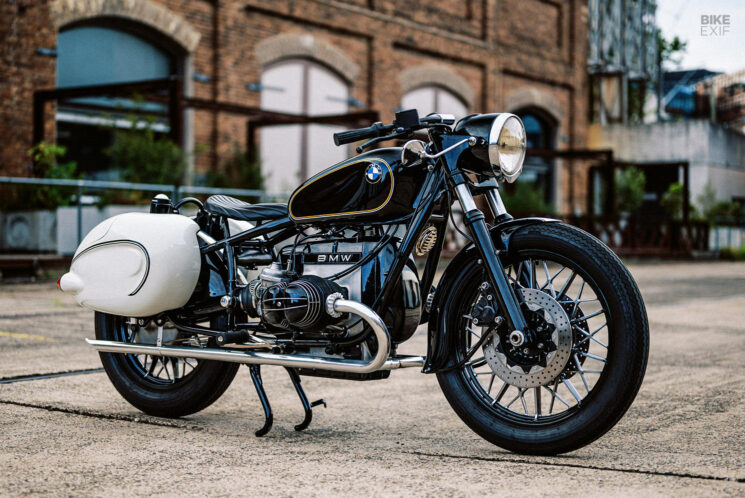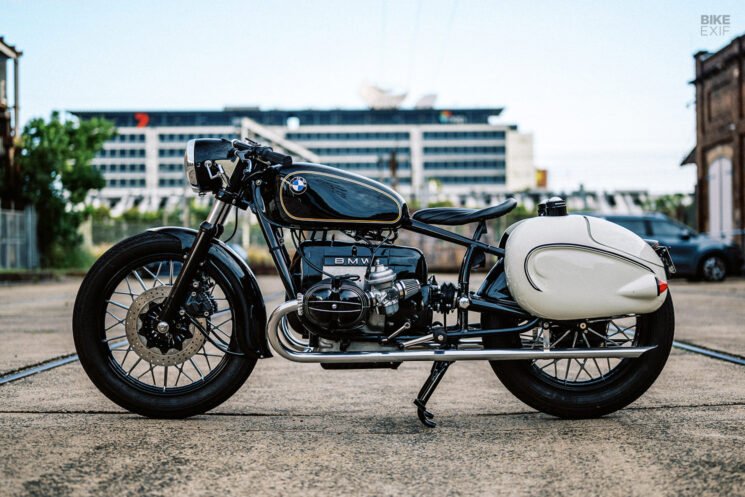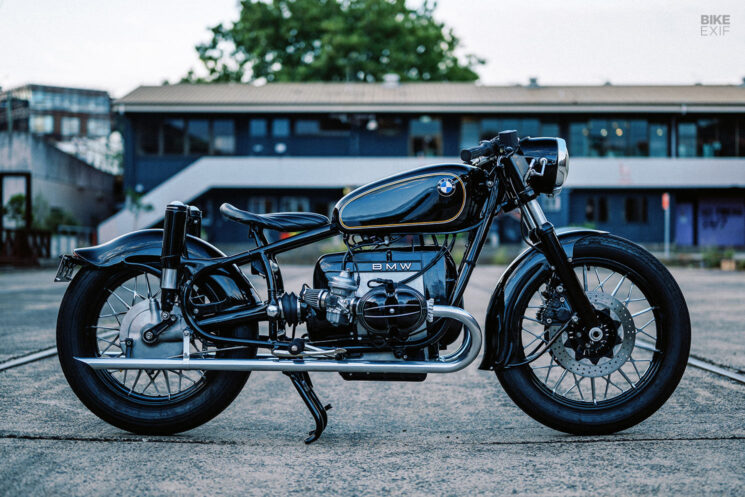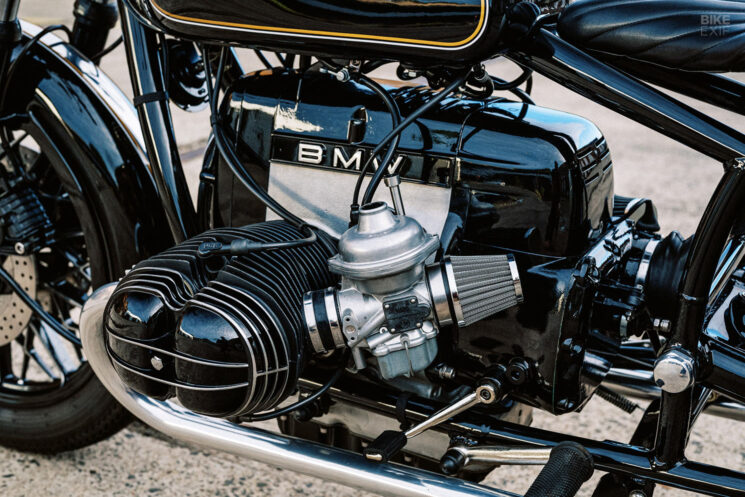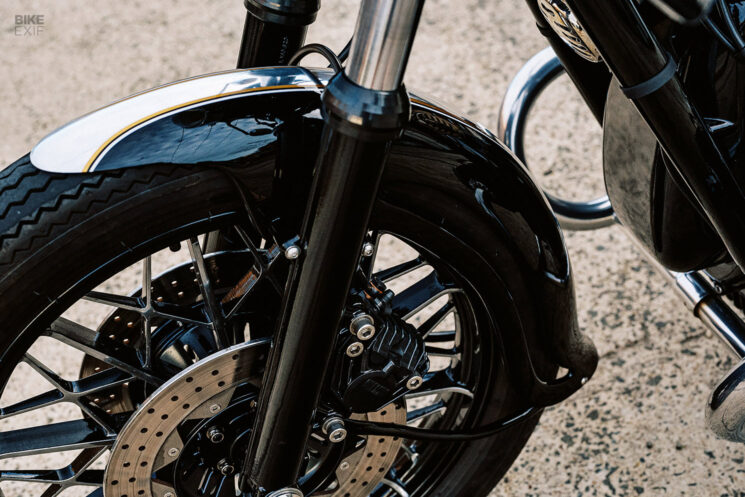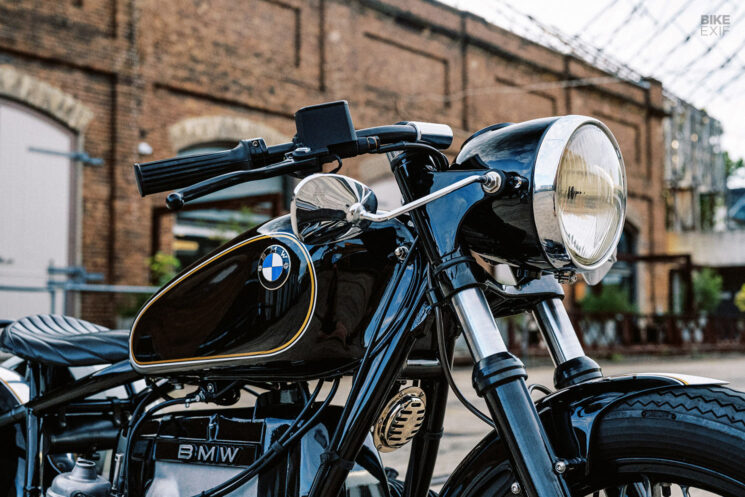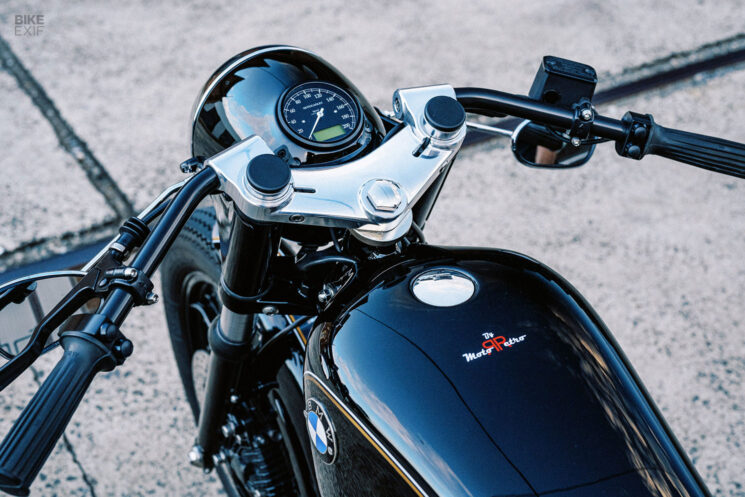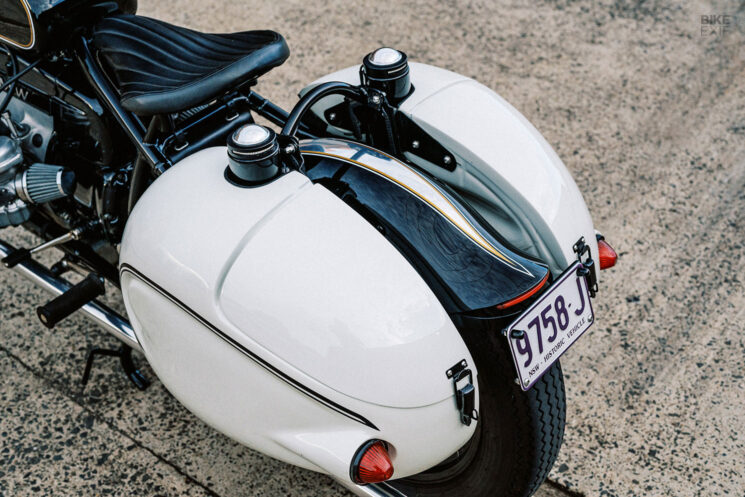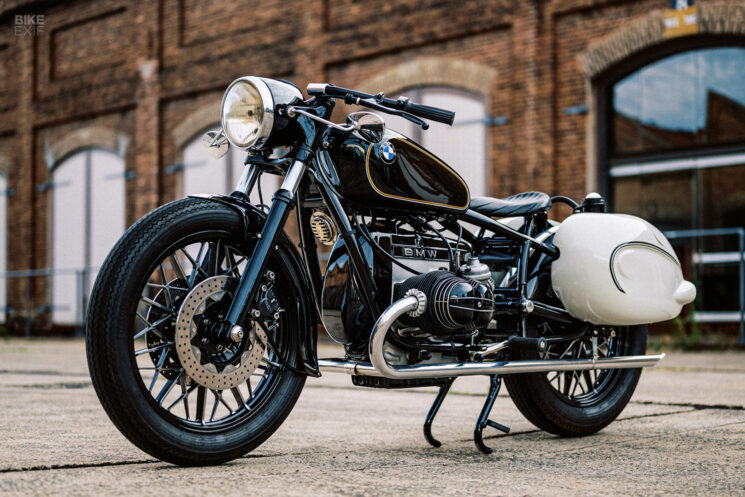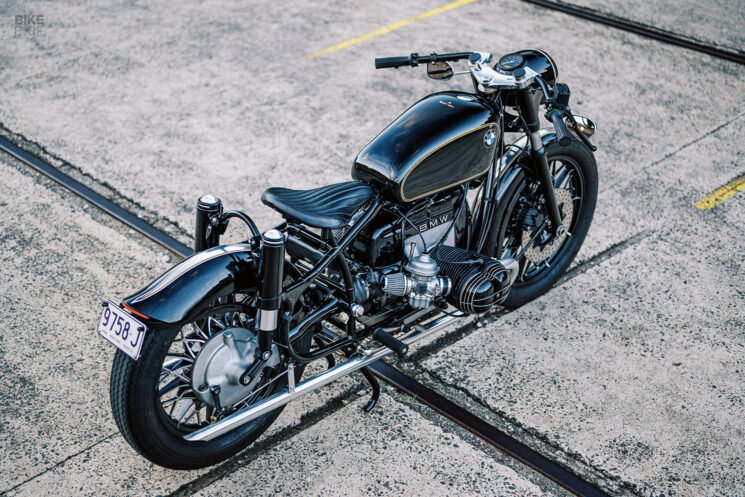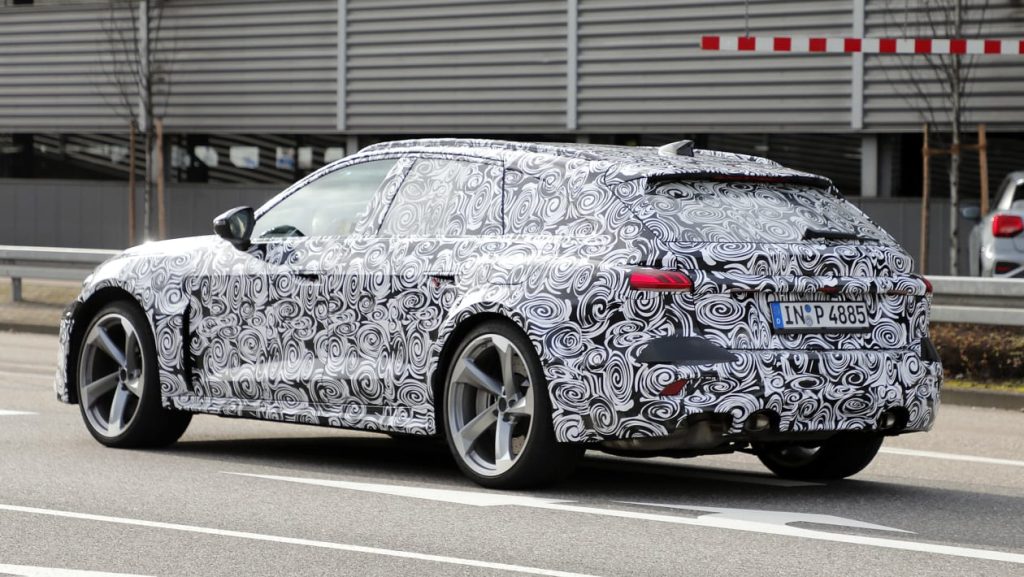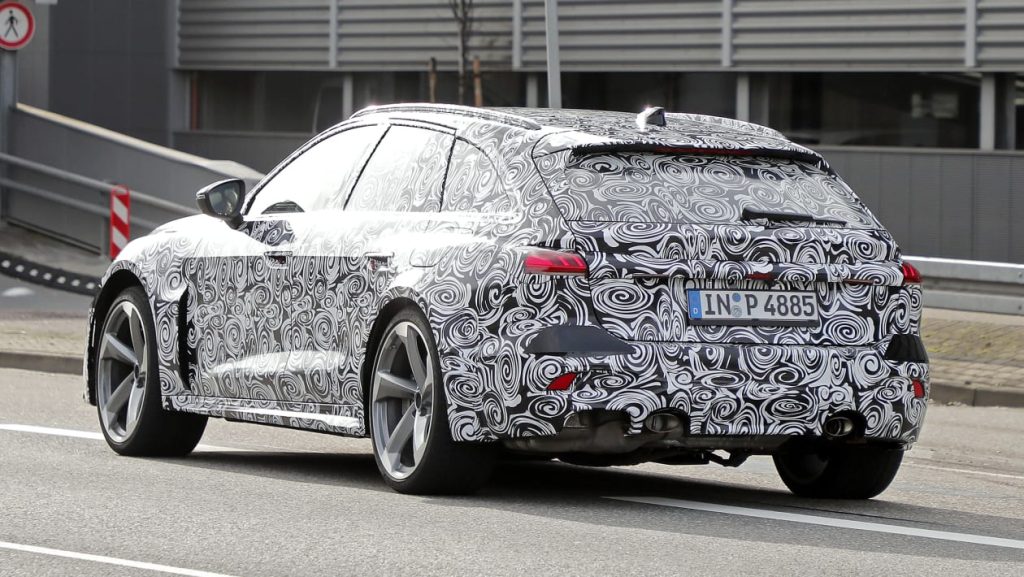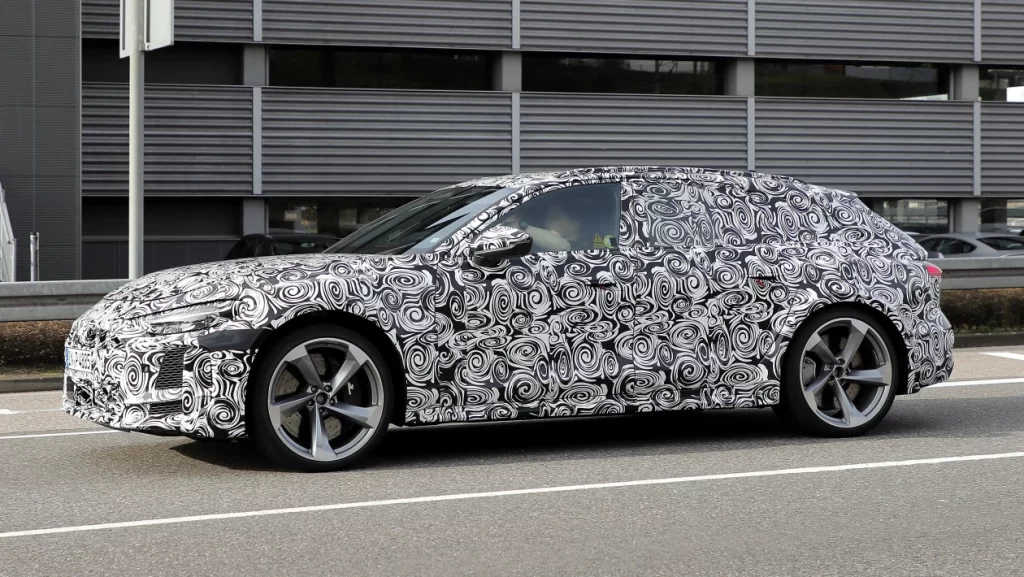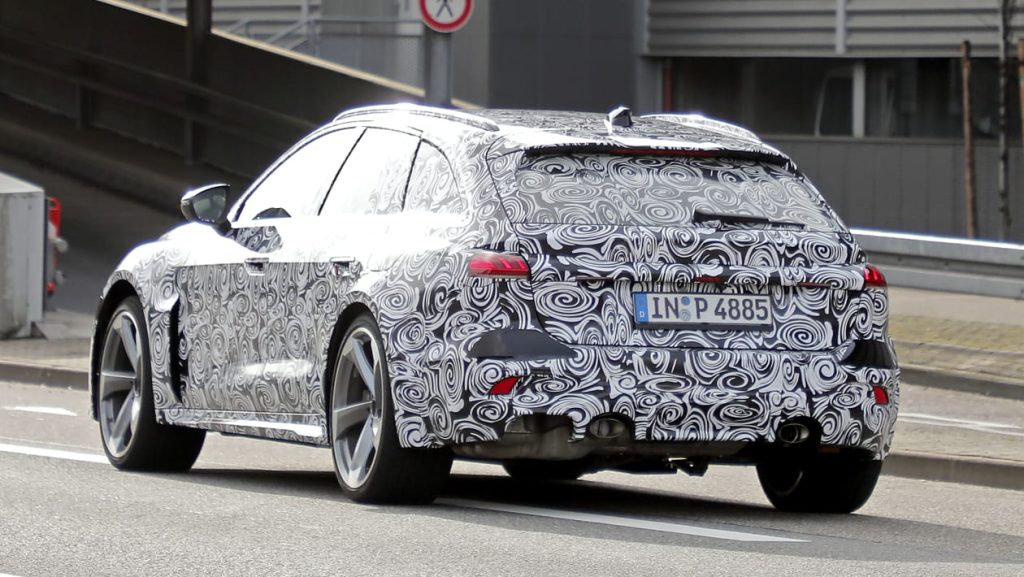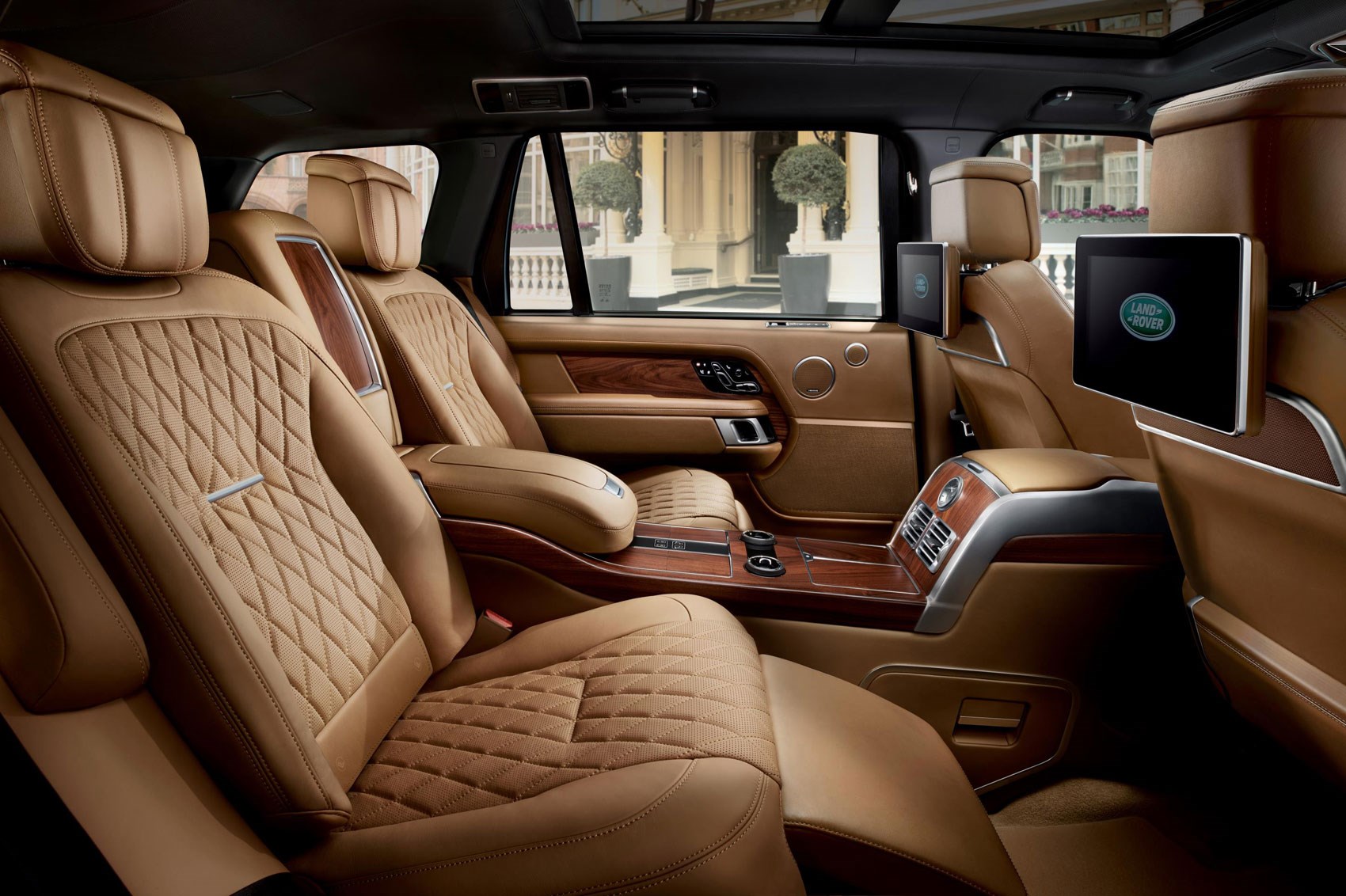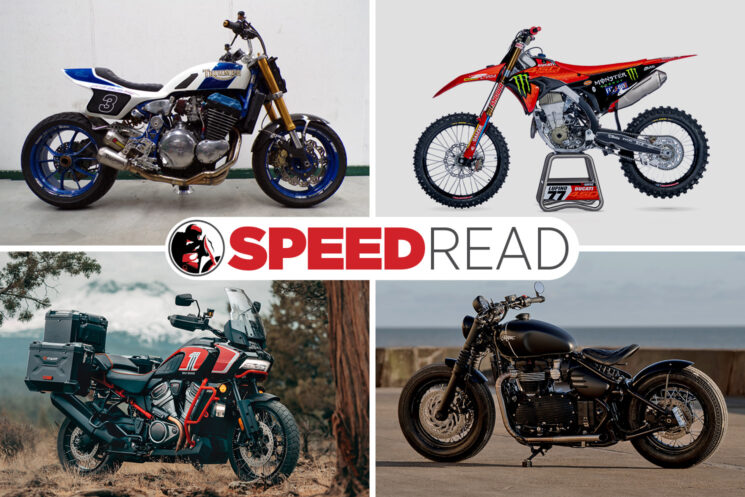
The Triumph Bobber is one of our favorite modern classics—but it could do with having some of its fat trimmed. Sam Wheeler at Motone shows us how, while a garage builder sticks a Triumph Thunderbird motor into a Sprint chassis to build a wild street tracker. On the news front, we look at the 2024 Harley-Davidson CVO Pan America and the new Ducati Desmo450 MX motocrosser.
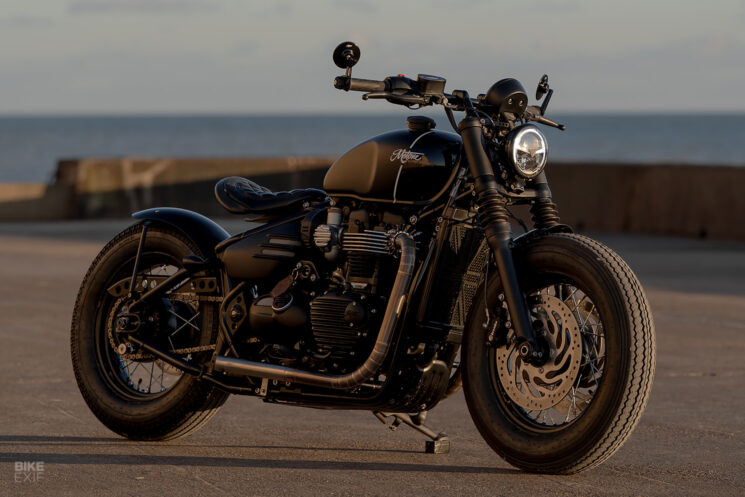
Triumph Bobber by Motone What would you do if you had unprecedented access to some of the best aftermarket Triumph parts on the market, and your daily runner was a bone-stock Triumph Bobber? Yeah, we thought so.
Sam Wheeler is the proprietor of the UK-based parts company Motone. He picked the Triumph Bobber up a few years ago, when it first came out, as a development platform for new parts. “I liked it so much that it became my daily for a few years, while only partly being used for development,” he tells us.
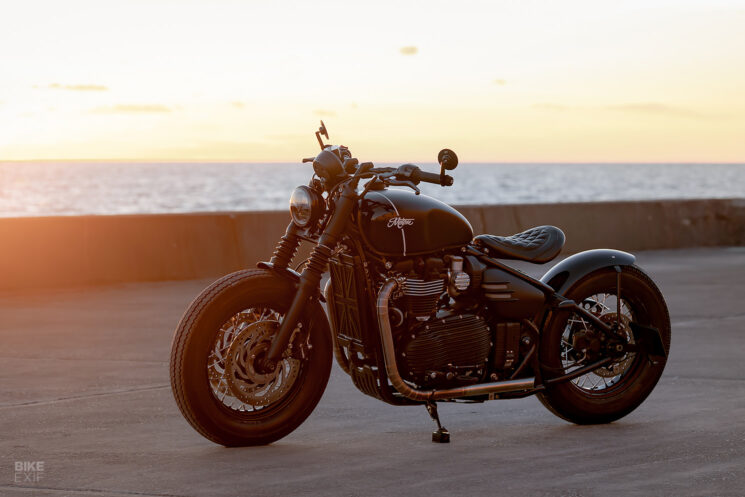
Before long, the gaudy factory bits became too much for Sam to deal with. So he got to work changing things up—picking parts from the existing Motone catalog while designing new ones for the bike.
The rear light cluster was replaced with a set of Motone ‘Icon’ three-in-one taillights, fitted to a new steel rear guard. The lights were developed specifically for this bike; the tooling alone cost a fortune, according to Sam. The company’s ‘Cutlass’ chain guard was bolted on too, along with a side-mounted number plate bracket.
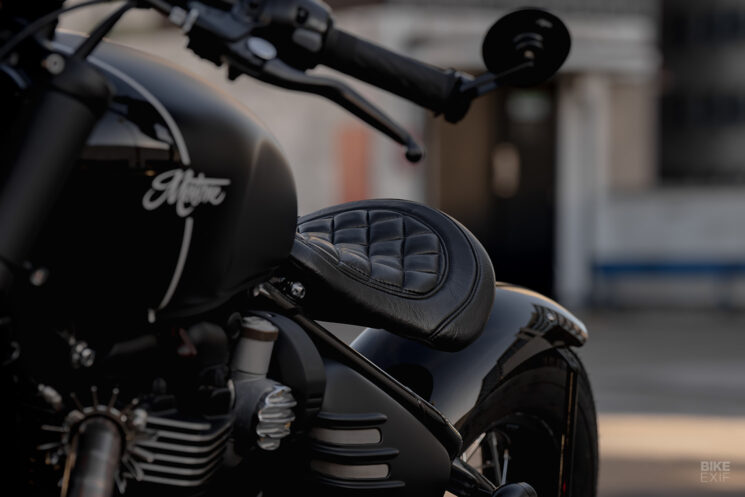
The seat is another new part from Motone. Sam wanted a nice swooping chopper-style saddle, so he developed one with a 4 mm stamped steel pan. The ‘Ventura’ side covers were made from injected ABS plastic, and feature neat vents that match the fins on the cylinders and the beautiful ribbed crankcase covers.
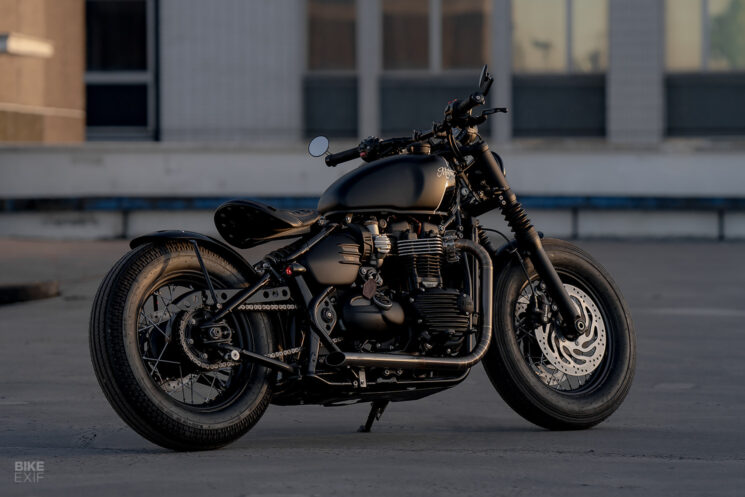
The engine is also adorned with a new exhaust. Made from pie-cut stainless steel sections with integrated dB killers, they are finished with Webco-style big fin exhaust clamps for a bit of 70s fizz. There’s a shorty front guard, some tasty ‘up-and-over’ bar risers, a Monza-style fuel cap, and so much more.
Sam and the Motone team took the time to improve many different parts, all while using the bike to develop those same parts for mass production. It’s a strictly business-first way of bike building and a fantastic way of having your cake and eating it, too. [Motone]
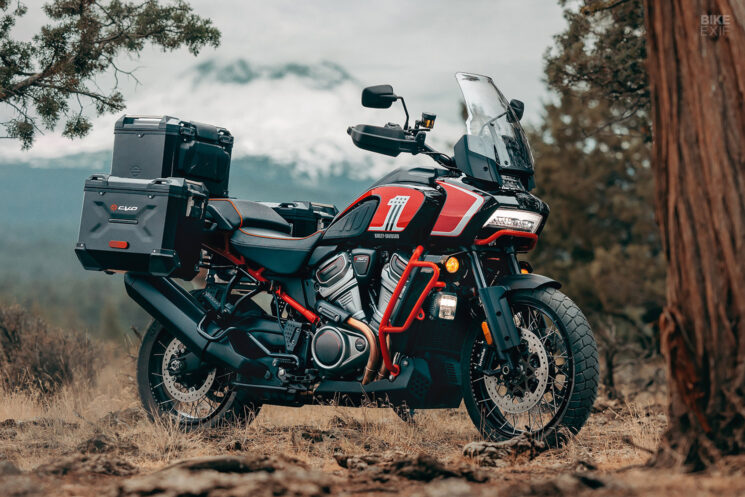
2024 Harley-Davidson CVO Pan America The Bar and Shield has just pulled the covers off its latest line of touring machines. Amongst them is the Harley-Davidson CVO Pan America—an upgraded version of the Pan America adventure bike with an eye-watering price tag.
Harley-Davidson has been producing CVO (Custom Vehicle Operations) models for 25 years, but this is the first time they’ve applied their touch to the Pan America. As with all CVO editions, the most obvious change is the paint job. Finished in ‘Legendary Orange with Raven Metallic and Atlas Silver,’ the CVO Pan America’s livery is somehow both vintage and modern, and will certainly stand out.
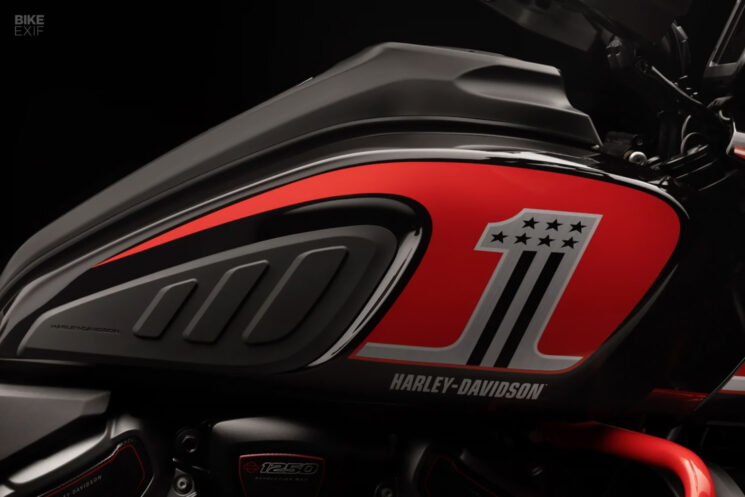
The orange piping on the seat is particularly nice, as are the upgraded grips. A CVO 25th Anniversary plaque lives on the fuel tank console insert, with another small CVO graphic on each side of the engine cases. The wheels are the same tubeless spoked items found on the Pan America Special, and the CVO model gets a beefy bash plate.
The rugged aluminum luggage system was designed in collaboration with SW-Motech and is equipped with H-D and CVO badges. An ‘adventure duffle’ is also included with the CVO Pan Am. It is waterproof, hard-wearing, can hold up to 2,440 cubic inches [40 liters] of stuff, and easily attaches to the bike.
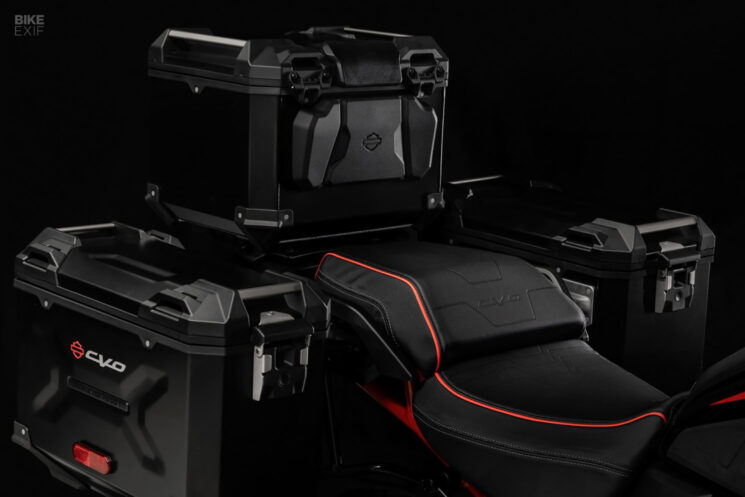
The Revolution Max 1250 engine punches out 150 hp and is accompanied by the standard Pan America semi-active suspension system, with H-D’s optional adaptive ride height feature pre-installed. You also get an ‘Advanced Daymaker’ adaptive LED headlight, plus additional fog lamps mounted to the new orange crash bars. A Screamin’ Eagle quick-shifter is also installed for clutchless up- and downshifts.
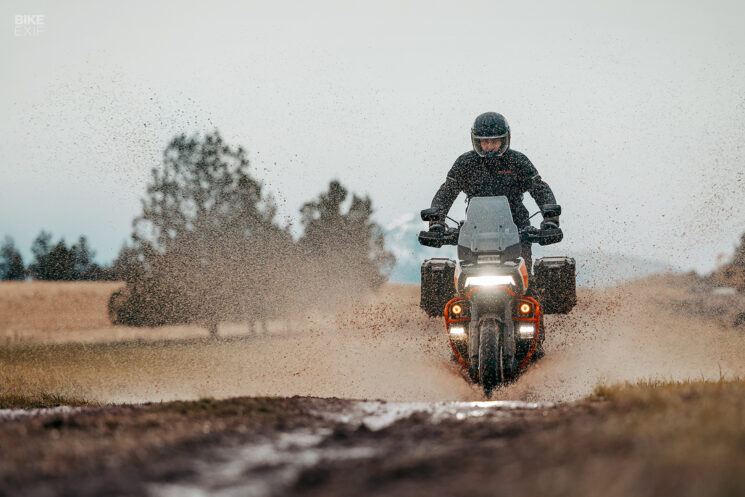
Starting at an MSRP of $28,399, the CVO Pan America is almost $10,000 more than the standard Pan America 1250 Special. Even if you spec a standard model with spoked wheels and adaptive ride height control, the CVO still demands an additional $6,200 premium.
If it were up to us, we’d pick the standard model, throw some soft luggage from our favorite vendor onto the back, and point the front wheel towards the horizon. [More]
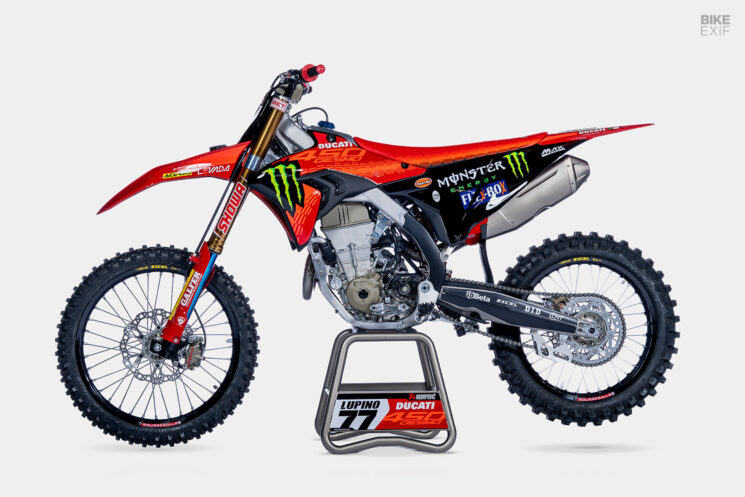
Ducati Desmo450 MX Ducati announced their entry into the world of motocross just last year, but they’ve wasted no time in showing us the bike that Antonio Cairoli and Alessandro Lupino will be competing with in 2024. Get a load of the Ducati Desmo450 MX.
Ducati is scant on the technical details, but there’s a lot we can glean from the official photos. For starters, they have knobbly tires and are painted that iconic shade of Ducati red. There’s Showa suspension front and rear, Galfer brake discs, and a full Akrapovič exhaust.
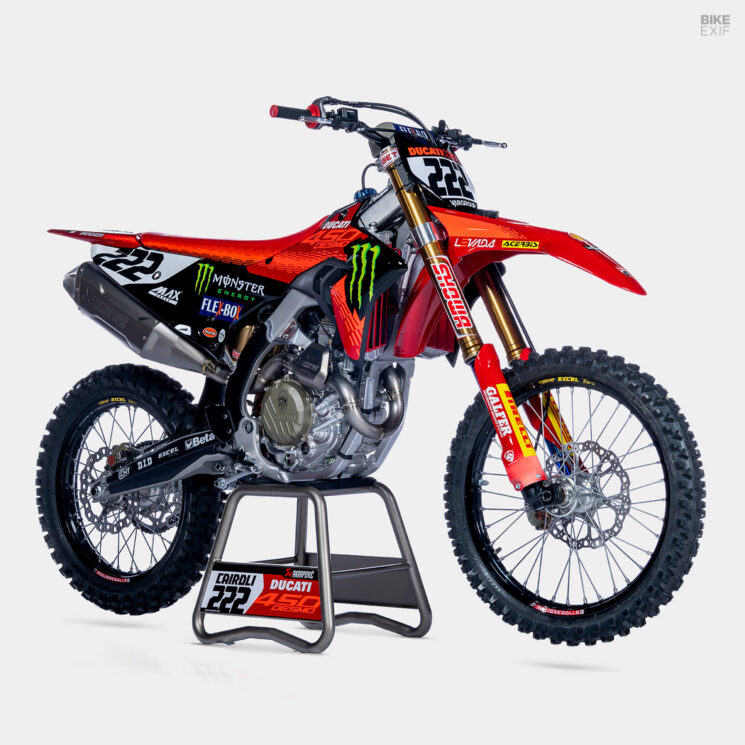
We see Excel rims, a D.I.D chain, and a Chiaravalli CHT rear sprocket which looks like a piece of fine jewelry, as does the billet engine case. The brake and clutch master cylinders are from Brembo, as are the front and rear calipers.
The race debut for the Desmo450 MX will be in Mantua for the first round of the Italian Motocross Pro Prestige MX1 Championship. The officially-titled Ducati Corse Off-Road team will primarily use the event as a data-gathering exercise—using the time to get to grips with the Desmo450 MX that will go into production in the second half of 2024.
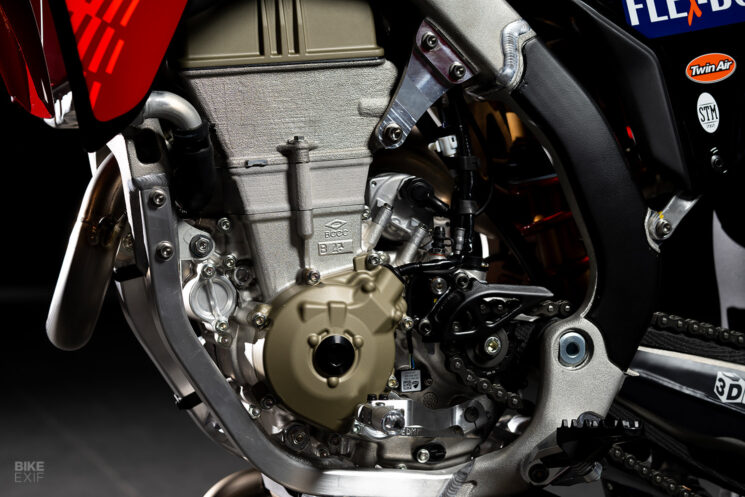
What we don’t know, is whether the engine and chassis are an all-new design from Ducati—or if they’ve bought in tech from elsewhere. But what we do know, is that Ducati are so serious about motocross, that they pulled their MotoGP sporting director, Paolo Ciabatti, to head up the new Ducati Corse Off-Road team.
It’s also encouraging that Ducati has a prototype ready to race so soon after announcing their intentions, rather than teasing the industry for months on end. And now that Ducati and Triumph both have motocross bikes in their catalogs, we’re wondering if more European motorcycle brands will enter the fray. [More]
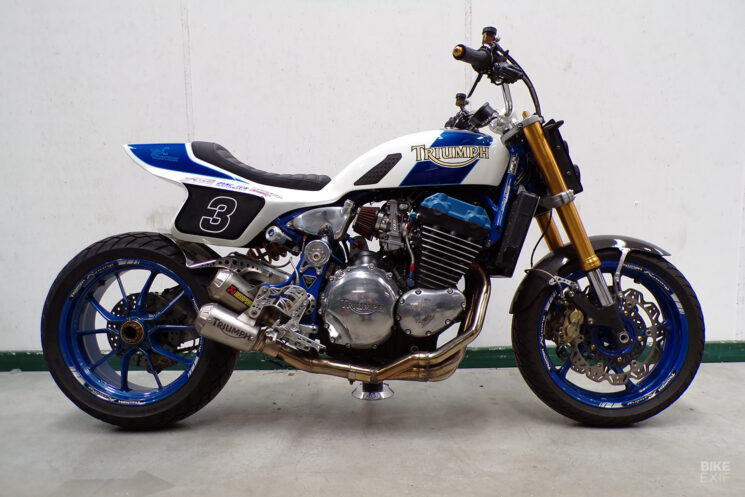
Triumph 955 street tracker by Chris Forward Neither the Triumph Sprint 900 nor the Thunderbird 900 get much love these days, but one custom builder has just combined them to create one of the wildest street trackers we’ve seen. His name is Chris Forward, and he built this incredible machine in his home garage.
Chris started with a blown 1994 Triumph Sprint, and then sourced a suitable Triumph Thunderbird 900 engine. But before he put the two together, he had Galtec Precision Engineering bore out the cylinders to accept 955 cc Triumph liners, pistons, and cams.
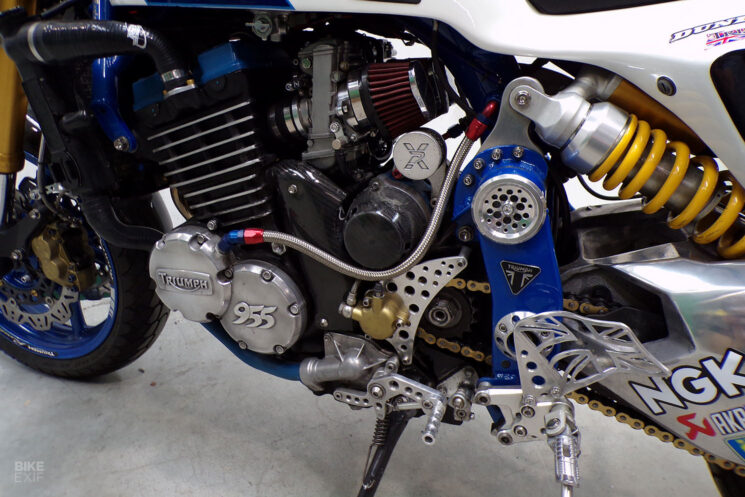
Along with the larger-capacity internals, the engine was upgraded with a custom three-into-one-into-two stainless steel exhaust. This pumps hot air out as fast as the enormous set of Keihin FCR39 carburetors can smash fuel in. (This is certainly not your old man’s Sprint.)
The front forks, yokes, wheel, and brakes are from a Yamaha R1, the latter of which was upgraded with Brembo Goldline calipers. The front guard is carbon fiber and was lifted from a Ducati Monster.
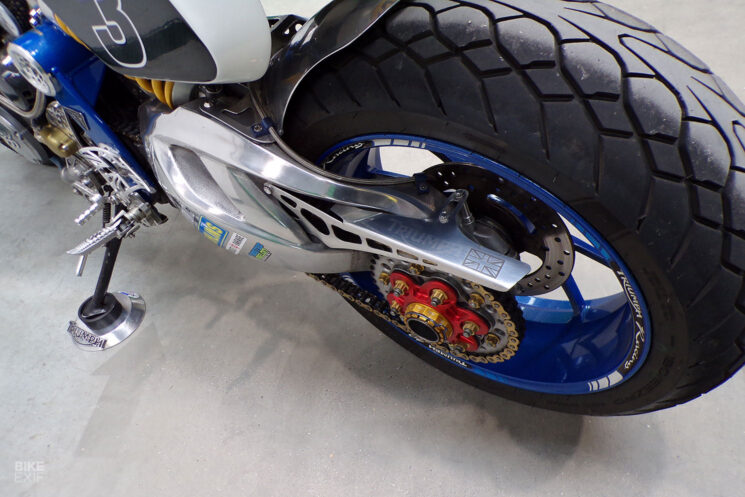
The gorgeous single-sided swingarm and rear wheel came from a Ducati Multistrada, which Chris adapted to fit the Triumph frame. With the hand-made aluminum rear wheel hugger and side-mounted shock absorber setup, it has a seamless OEM look.
The subframe is yet another custom item. It supports a carbon fiber seat unit, that was bonded to a custom-made aluminum fuel tank for a one-piece aesthetic. The seat (made by Lucky Foot Trimmings) perfectly keeps with the flat tracker concept, as does the carbon fiber front numberplate and LED headlight.
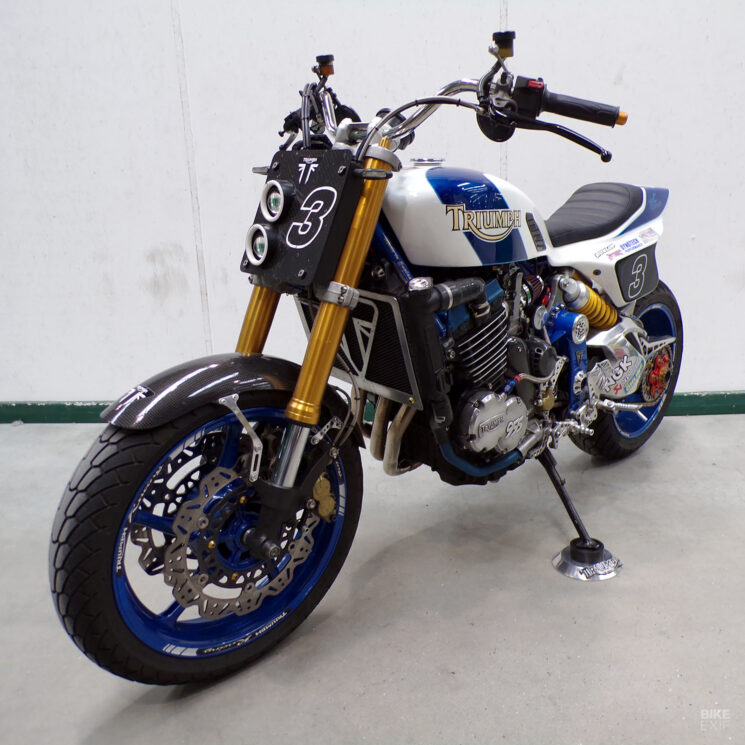
Tall, wide bars are bejeweled with Brembo radial master cylinders), a single Daytona Velona speedo, and new grips. Thin LED indicators peek out from behind the front number plate to keep things legal.
With the engine upgraded, the ports flowed, and the head skimmed, Chris now has 110 hp and 91 Nm of torque at the rear wheel. (Removing the exhaust baffle frees up another 6 hp.) With all the weight savings, Chris has knocked the total down to 189 kilos [417 lbs].
Considering that a standard Thunderbird weighs 220 kg [485 lbs] and only pumps out 70 ponies, this should be considerably more fun to ride. Did we mention that it’s quite a looker, too? [Chris Forward Instagram]
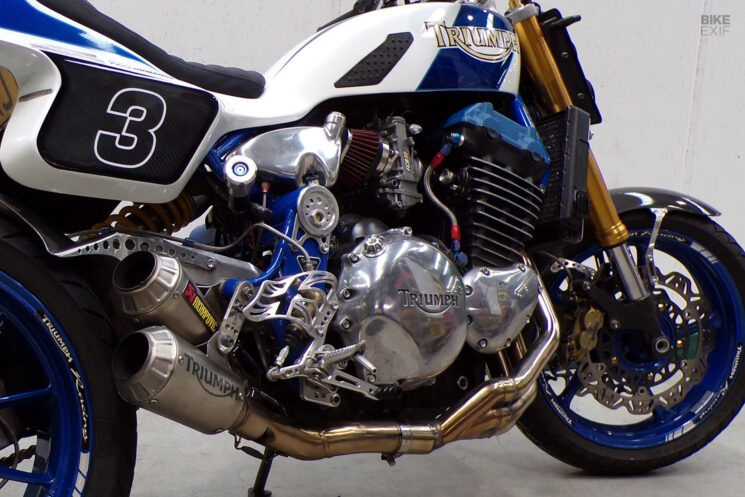
from Bike EXIF https://ift.tt/rnkegPm
